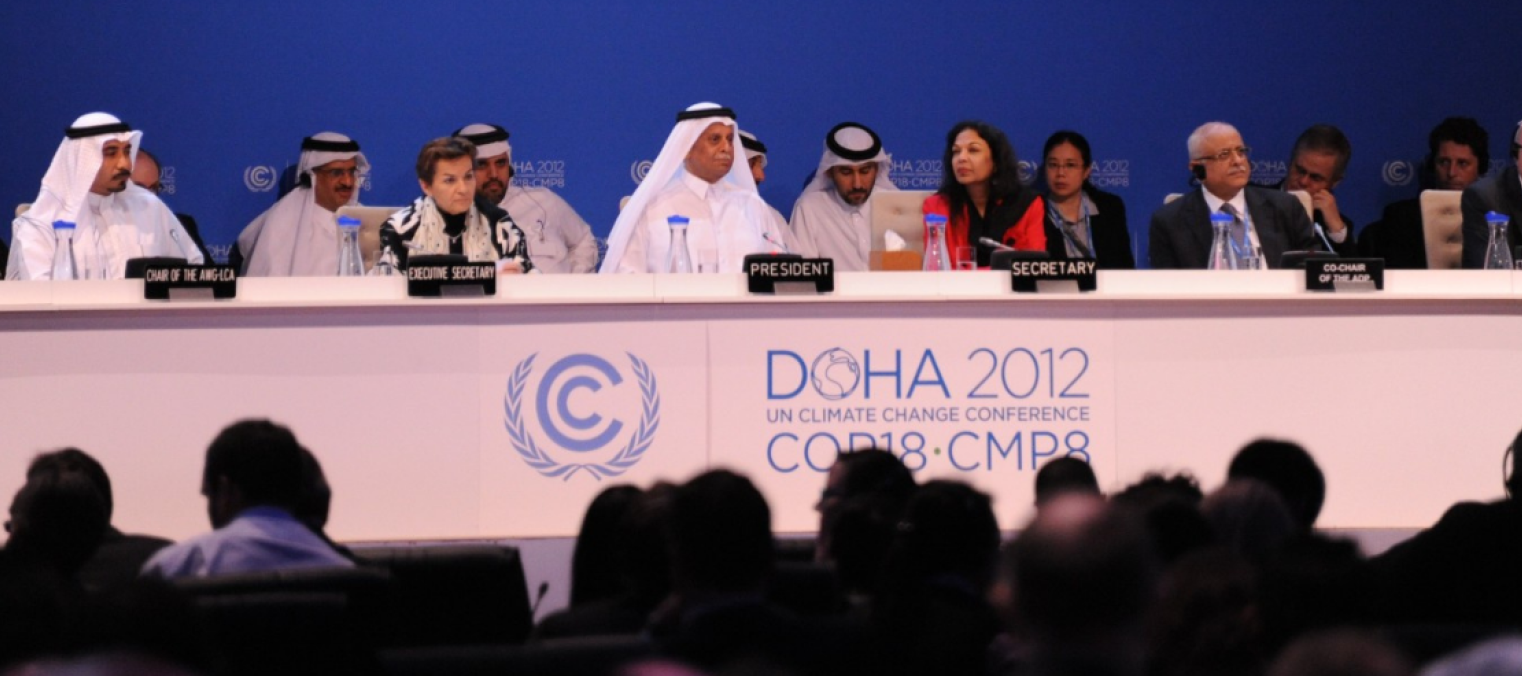




Sweden, UK top ranking of pre-2020 climate actions; US, Canada, and Australia in the bottom half.
New Delhi, 28 July 2021: A key group of major developed countries — including all G7 countries — collectively saw a mere 3.7 per cent reduction in greenhouse gas (GHG) emissions by 2019 over 1990 levels, according to an independent study released today by the Council on Energy, Environment and Water (CEEW). This falls far short of the commitments made under the Doha Amendment to the Kyoto Protocol. Further, all developed countries collectively emitted 25 gigatons of CO2 equivalent (GtCO2eq) more than their estimated emission allowances in the 2008-2020 period.
This happened primarily due to the non-participation of some major economies in the 2008-2020 commitment period and the use of loopholes in accounting provisions. The excess emissions are more than half of the world’s GHG emissions in 2019. CEEW’s findings are significant in the context of upcoming climate negotiations and the Indian government's recent appeal to G20 countries to commit to reducing per capita emissions to the global average by 2030.
CEEW also released a ranking of 43 developed countries based on their sincerity towards climate actions and mitigation efforts made in the pre-2020 climate regime. Sweden, the UK, Belgium, and Denmark topped this first-of-its-kind ranking. However, other major economies like the US, Canada, Australia, and Russia featured in the bottom half.
Arunabha Ghosh, CEO, CEEW, said, "CEEW’s analysis of developed nations’ pre-2020 climate actions has significant implications for the fate of post-2020 negotiations. Many developed countries have consumed disproportionate shares of the global carbon budget because they did not meet their commitments in the pre-2020 period. Trust in their long-term commitments will be regained only if their near-term actions free up carbon space for others. Further, the cost of mitigation efforts is set to increase significantly in the coming decade. While all countries must consider raising ambition, the burden of unmet promises and disproportionate use of carbon space cannot fall on developing countries."
Major economies like the US, Canada, Russia, and Japan sat out of either one or both key commitment periods in the pre-2020 climate regime: the Kyoto Protocol (2008-12) and the Doha Amendment to the Kyoto Protocol (2012-20). The CEEW study highlighted that US non-participation in both commitment periods had several adverse effects on global climate action, including the withdrawal of other developed countries from these critical agreements. Emissions from non-participating countries accounted for 47 per cent of emissions from all developed countries between 2008-12. This figure rose to 71 per cent between 2013-20.
Shikha Bhasin, Senior Programme Lead, CEEW, and co-author of the study, said, "We have to ensure that history does not repeat itself, and that countries work together to effectively tackle climate change. Our hope is that our evaluation of past efforts will inspire greater leadership, trust and transparency in future climate negotiations, starting with COP26. This is critical to ensure a just, equitable, and prosperous future. For example, countries that sat out of the pre-2020 commitment periods could compensate by purchasing unsold Certified Emission Reductions (CERs) or voluntarily cancelling unearned carbon allowances."
The CEEW study also highlighted the importance of strengthening the existing accounting and compliance mechanism to increase transparency and promote environmental integrity. Doing so could prevent countries from misusing accounting provisions to achieve targets in post-2020 climate regimes. Further, restricting easy exits from climate agreements is likely to improve trust in the negotiation process, rein in emissions, and encourage countries to set ambitious reduction targets.
Methodology
CEEW analysed and rated a total of 43 developed countries on their seriousness and faithfulness towards climate action (sincerity), as well as their overall mitigation performance (action) in the pre-2020 climate regime. The sincerity indicators covered country participation, misuse of accounting provisions, and voluntary cancellation of emission allowance. The action indicators captured actual emissions reductions realised by countries. Countries received individual scores for each sincerity and action indicator and were ranked based on their estimated overall scores across all indicators.
The purpose of the ranking exercise was three-fold: (1) to provide an independent and comprehensive evaluation of developed countries’ efforts to meet pre-2020 targets; (2) to enhance transparency by enabling an easy comparison of their pre-2020 performance; and (3) to identify developed countries that have been climate champions during this period.
The study, 'Unpacking Pre-2020 Climate Commitments: Who Delivered, How Much, and How will the Gaps be Addressed?' can be accessed here.
Contact: Riddhima Sethi, [email protected]; Mihir Shah, [email protected]